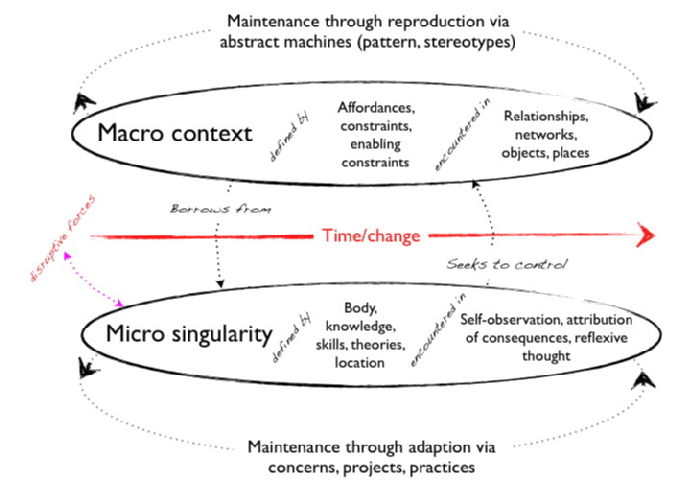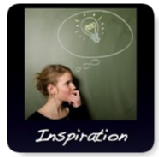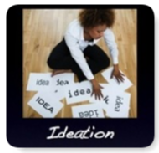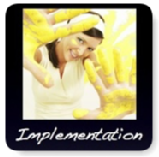Lyotard on why poetry and art matters
Just a I finished writing my essay about how my research is finding designerly value in arts and humanities education, I was randomly reminded of Jean-Francois Lyotard's brilliant "download your brain onto a hard drive and blast it into space" fable. I'll use this at the start of my thesis:
"One of the characteristics of the open systems the fable calls “liberal democratic” is to leave open certain spaces of uncertainty that are apt to facilitate the appearance of more complex organizations, and this, in every realm. What we call research is a case, become trivial, of these spaces freed for invention and discovery. The case is itself the sign of a superior development, where necessity and chance are combined not only in the epistemological order, as Monod saw, but in the reality of a new alliance, in the terms of Prigogene and Isabelle Stengers. The alliance is not that of the objective with the subjective, but that of rule and chance, or of consecution and discontinuity." (Lyotard, Postmodern Fables, 1999: 94)
The idea of using Jacques Monod's Chance and Necessity (on autopoiesis in chemical and biological systems) with Prigogene and Stengers' Order Out of Chaos (the physics of self-organising systems), is irresistable.
 Robert O'Toole
Robert O'Toole

 Please wait - comments are loading
Please wait - comments are loading






